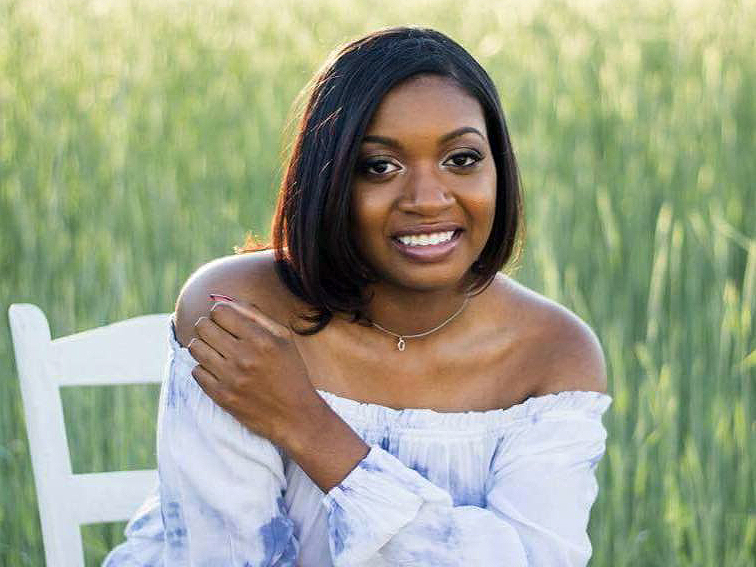Media Outlets Perpetuate Negative Stereotypes About Women in Politics

Amber Doyle | Correspondent
The 2020 presidential election is rumored to become the most diverse election in the United States in terms of gender. As more women come forward to announce they’re running in the Democratic primary, media outlets have begun to ignore the accomplishments and experiences of the female candidates by reporting on things that have nothing to do with their qualifications to potentially become president.
Kamala Harris, United States Democratic Senator of California, announced that she’s running in the Democratic primary for the 2020 presidential election. Being the second African-American woman to have been elected into the United States Senate, she’s had to face a lot of scrutiny from the media.
Instead of focusing on if Harris will make a suitable president based on her experience, the media has been digging into her past dating life.
Former San Francisco Mayor Willie Brown was forced to address his relationship with Harris— which happened over 20 years ago—after receiving numerous phone calls from national media sites.
Media outlets started reaching out to Brown once they realized that Harris was planning to run for president, and Brown eventually wrote a letter to the San Francisco Chronicle acknowledging that they once did have a relationship and he gave Harris different job opportunities that helped further her career.
The media never focused on the current president’s—or any of the past presidents’—dating life. There is an underlying stereotype that the media is perpetuating. It says females need a male to carry them. Brown even commenting that he helped Harris further her career implies that Harris needed him as a stepping stone.
Harris’s dating life has nothing to do with whether or not she’ll be a good candidate. It’s just useless information the media is spreading. Gender politics in the media influences the way that voters react to candidates and the way that voters think.
During NC State’s student body president runoff debate in 2018, two candidates, Jess Errico and Alberto Qurioga were asked about each other’s weaknesses. Quiroga believed Errico’s and vice president candidate Meredith Spence Beaulieu’s weaknesses were that they were both married.
According to Technician, Quiroga said, “I would say that one thing we can’t overlook though is that [Errico and Spence Beaulieu] both are married students. One’s a graduate student and one’s going into a fifth year, I’m saying does that represent what the student body is like and how can you make sure that those ideas are going into the student body?”
What did their marital status have to do with their qualifications of being student body president? If they were male, would their marital status even have been brought up?
When Hillary Clinton ran against President Trump in the 2016 presidential election, media outlets, like the New York Times, focused on her husband, Bill Clinton’s affair. What her husband chose to do shouldn’t have affected her campaign, nor should it have been brought up at all.
Furthermore, after the presidential debate, CBS News reported on what Hillary Clinton wore during the debate—a Ralph Laurent pantsuit after Labor Day. Many social media sites made fun of the way she was dressed by making memes comparing her outfit using pop culture references.
This was not something that happened to her only once. There were no reports on what President Trump wore. Throughout the election process, Clinton was criticized because of how she dressed.
Since America often ignores the problems we face when dealing with gender issues, like the wage gap, it’ll be interesting to see how that influences what the media says. Seeing women in politics represented is important, and the way the media portrays these women is often degrading.
“The truth is that those who helped build the Democratic Party and have been the backbone of the Democratic Party have not always been given equal voice in the Democratic Party, and we need to deal with that,” said Harris, during the annual Netroots Nation conference.
Representation of every field does matter and there’s currently a lack of female politicians. They aren’t being elected because voters are immersed in useless information given to them by media sites. Female politicians aren’t being taken seriously by the media.
Instead of focusing on the changes that they’ll make or their prior experiences that make them a suitable candidate, media outlets focus on information that has to deal with their looks or their dating life. The media needs to start changing the narrative of their stories so our nation to see reputable change in the way voters view women in politics.